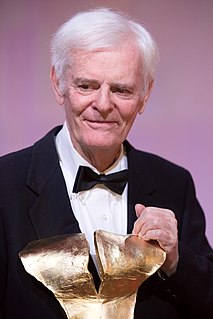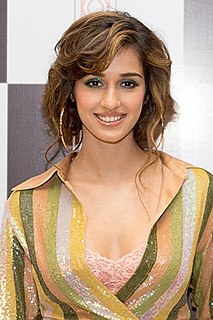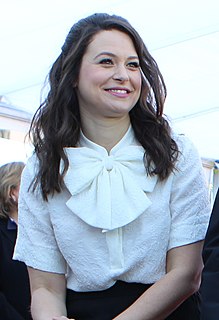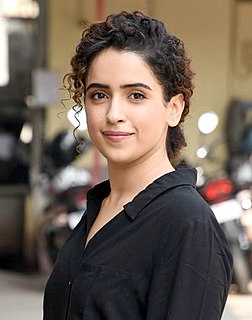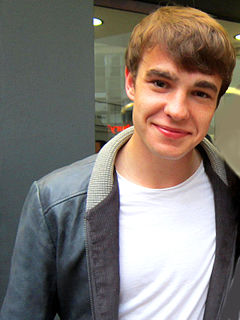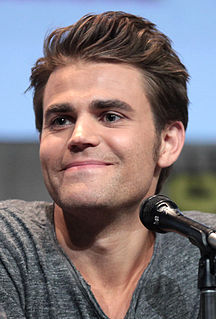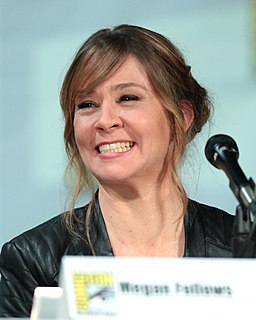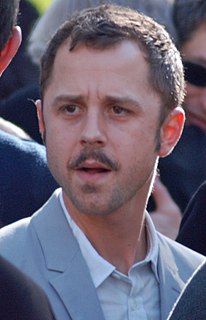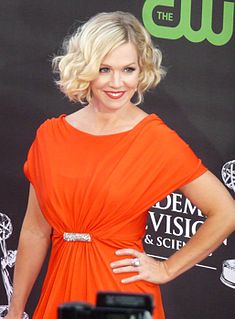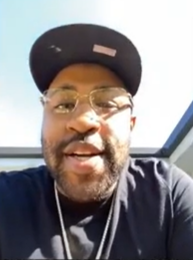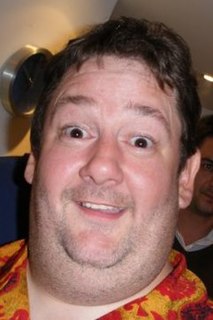A Quote by Paul Morrissey
If a person is in front of a camera, they're acting. It's not possible to live in front of a camera.
Related Quotes
As a director, what matters is how you penetrate the soul of the person in front of the camera and let the actor blur the boundaries between the character and the person themselves. In order to achieve that, I try to make people feel at ease, to be mindless of problems and be skinless and give everything to the camera.
I couldn't be 'Johnny' in front of a camera in acting jobs and behind the camera I like to be 'Michael.' With directing, you can't do it by halves. There's a lot of reflection, and I have found that I, as 'Michael,' thrive on it. It's lovely coming home and feeling that stuff from a day's work as myself.
